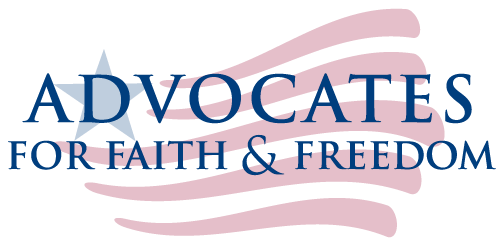Recently, the U.S. Supreme Court heard three days of oral arguments regarding the constitutionality of the Patient Protection and Affordable Care Act, commonly referred to as Obamacare. So, what did they discuss…and what comes next?The question at the heart of this hearing was: Does the government have the power to force every American to buy health insurance? This is also known as the individual mandate issue. Justice Anthony Kennedy, who is a conservative but has historically been known to swing his vote to the more liberal end, appeared concerned about the individual mandate, saying that it carries a “heavy burden of justification” under the Constitution.
The hearing also considered the question of how much of the law should remain if the Court decides against the individual mandate. Essentially, the Court may decide to strike down the whole Obamacare law, or they could strike down only one part of it – the individual mandate. On this issue, Justice Anthony Kennedy stated:
“We would be exercising the judicial power if one act was — one provision was stricken and the others remained to impose a risk on insurance companies that Congress had never intended.”
Justice Scalia summed his opinion up tightly: “My approach would say if you take the heart out of the statute, the statute’s gone.” [emphasis added]
Another question that arose during these hearings surrounded the idea of the Medicaid expansion included in the law, which would give states more federal Medicaid funding if they agree to enroll more of the poor. If the states refuse, they have to pull out of the program altogether, which is really not an option, many states say – the Medicaid program has grown so large that it would be impossible to run it without any federal funding. This begs the question: Does this violate limits already set by the Supreme Court, which state that the federal government cannot impose conditions “so coercive as to pass the point at which pressure turns into compulsion”?
Though both sides of this health care reform argument have tried to surmise the outcome of the hearings, Justice Antonin Scalia voiced his concern about the ruling, remarking, “I find it hard to think that this is clear. Whatever else it is, it’s easy to think that it’s not clear.”
The Solicitor General defending Obamacare, Donald Verrilli Jr., appealed to the Court to essentially leave the decision to Congress and the people of America:
“The Congress struggled with the issue of how to deal with this profound problem of 40 million people without health care for many years, and it made a judgment. Maybe they were right, maybe they weren’t, but this is something about which the people of the United States can deliberate and they can vote, and if they think it needs to be changed, they can change it.”
Also, this week President Obama issued something sounding an awful lot like a warning against striking down the health care law, saying:
“I’m confident that the Supreme Court will not take what would be an unprecedented, extraordinary step of overturning a law that was passed by a strong majority of a democratically elected Congress. And I'd just remind conservative commentators that for years what we’ve heard is, the biggest problem on the bench was judicial activism or a lack of judicial restraint -- that an unelected group of people would somehow overturn a duly constituted and passed law. Well, this is a good example. And I’m pretty confident that this Court will recognize that and not take that step.”
Although the decision is most likely already made, we will not hear the high court’s conclusion for about another three months, as they write up their decision on the constitutionality of Obamacare.
This information is provided by Advocates for Faith & Freedom, a non-profit religious law firm dedicated to protecting religious liberty in the courts! To help us in our ongoing battle for religious freedom, click here to donate to Advocates.
